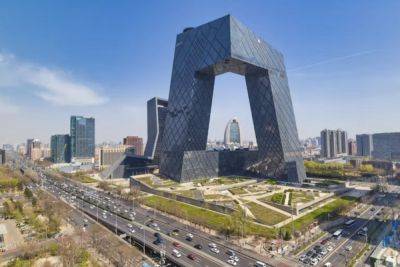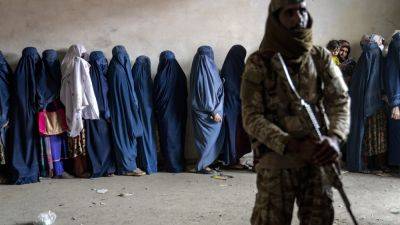The unravelling of a corrupt enabling system
September 30, 2024
MANILA – When, against all expectations, Rodrigo Duterte won the presidential elections in 2016, people wondered how long the former Davao mayor could maintain the sudden surge in popularity that had propelled him to the nation’s highest office. His parochial experience as the autocratic political boss of a Mindanao city barely prepared him for the immensely complex tasks of managing the affairs of an entire country, especially in a time of geopolitical tensions. Analysts expected the Duterte myth to swiftly unravel after he assumed office.
But, as it turned out, the Duterte regime did not only survive; it also emerged with the highest approval and trust ratings at the end of its six-year term. This was unprecedented. In the absence of a constitutional provision allowing reelection, the continued popularity of the Duterte political brand presaged the rise of the outgoing president’s daughter Sara as his logical successor.
But for the fact that the younger Duterte lacked the self-assurance and bravura of her father, she could have been president in 2022. In any case, she could have garnered more votes than Ferdinand Marcos Jr. in that election. Yet, Sara Duterte agreed to step aside and run as vice president to Marcos, despite topping the pre-election polls. Her dream political marriage to Marcos Jr. was shrewdly brokered by two powerful women—former president Gloria Macapagal Arroyo who has sought to magnify her political clout by acting as Sara’s mentor, and Sen. Imee Marcos, Marcos Jr.’s elder sister and friend to Sara. While the Duterte patriarch did not approve of the partnership, he decided it was futile to impose his will on his headstrong daughter.
The tacit understanding behind this







